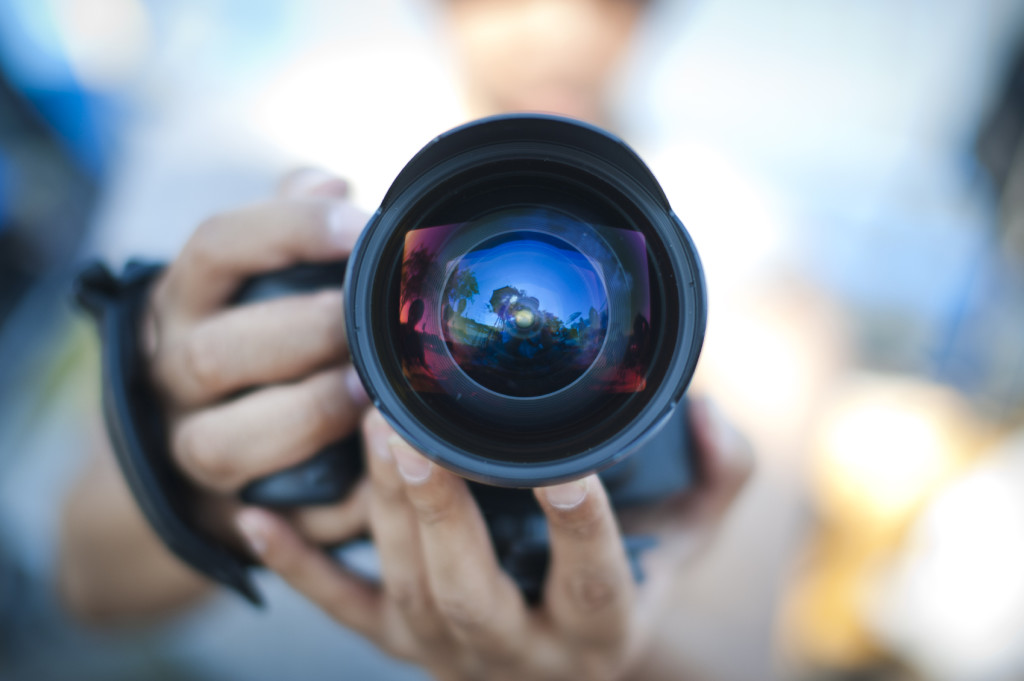
Choosing a new camera can be a daunting experience. Whether you are looking online or in a store, there are a ton of options. So much so that the research stage can leave you more confused about what you need instead of bringing you more clarity.
It also may not be a good idea to choose a camera just because you heard about it on TV or your friend happens to like theirs. If you do this, you may not get exactly what works best for you and end up wasting your hard earned money.
If you can make it to our “Choosing Your Camera” seminar, we do go through in a lot more detail different components of the camera and let you test drive a few different models. However, if you cannot make it to our seminar, here are a couple of helpful tips.
The first point to consider when choosing a camera is what you will need the camera for. Some people just want a nicer camera than their phone to take some great photos conveniently. They are never really too worried about printing them out in big sizes, nor are they concerned about getting that professional shot. For these people, it is important to consider price when getting a camera. You could just go with any nice quality DLSR, knowing that you probably won’t be purchasing any after-market lenses.
But if you are looking at your camera as a profession or a serious hobby then you will want to consider a more advance system and you will definitely want to stick with one of the major brands.
There are actually two big names when it comes to the cameras. These are Canon and Nikon. The choice of going with either a Canon or a Nikon is not necessarily based on the quality of the camera, because a lot of other different brands have quality cameras as well. It actually has to do with lens selection.
Canon and Nikon make their own lenses, which is great and typically they make new models ahead of others in the business. There are however several other after-market selections that provide quality lenses for less money. Three of the main suppliers – Tamron, Sigma, and Tokina – also provide brilliant lenses which fit Canon and Nikon systems.
This is perhaps, the main advantage of going with one of the major brands. If you’re a beginner photographer, you can start with a quality camera until you figure out your style and you advance your skills. Then you can buy different lenses with different qualities and at different prices, and cater your camera so it is perfect for you.
Long story, short, if you think that you might become passionate about photography, then you should consider spending a little more money on your first camera system because it will give you the opportunity to advance your system. You could grow out of a bottom range system very quickly.
If you are wanting some in depth help with choosing a camera outside of your local camera store, check out our “Choosing Your Camera” seminar in Calgary. In this workshop, we review our top 5 picks for the best beginning cameras. We talk a lot more in detail about the advantages to these cameras, and the kinds of things that you should be looking for when you’re purchasing a new camera. We also cover the reasons why we’ve picked our top five.
